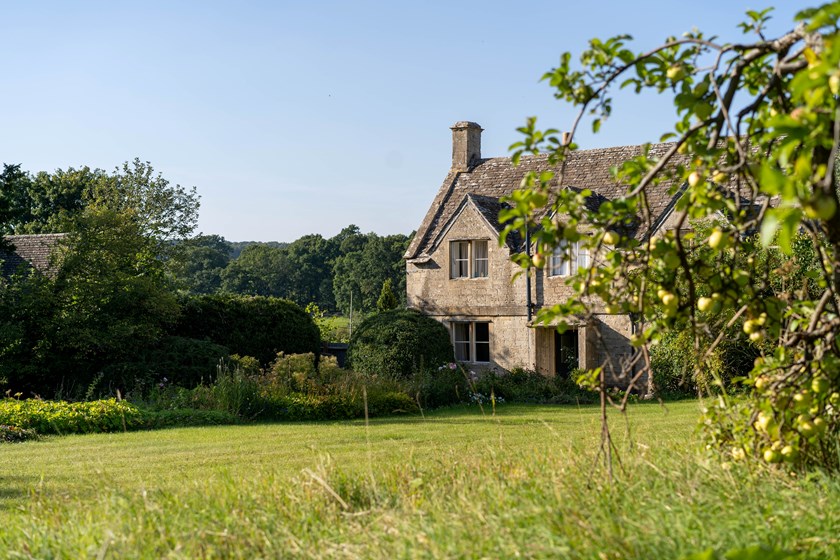Fresh Governance of Historic Houses
News

This article was published in the Summer issue of Historic House: The Historic Houses Association Magazine and is reproduced by kind permission.
Visitors can easily forget that beneath the picture-postcard exteriors, the historic houses and estates of Britain are at once both commercial enterprises and treasured family assets. Keeping both intact for the next generation increasingly means taking bold decisions in respect of both the management of the business and the family ownership structure. We see an increasing number of estates responding to modern challenges such as rising costs and family apathy by using governance structures from the corporate world (alongside careful tax planning on any transfers of property and other assets into corporate vehicles) to improve the organisation of their affairs. This approach has helped bring transparency and accountability to decision-making within the business and clarity of income, control and succession planning to the family.
Decision-making
Estates have many different facets: farming activities; property letting; visitor services in the house and gardens; events and wedding businesses; to name but a few. Yet day-to-day decision-making is often centralised for long periods with one or two individuals leading to a bottle-neck, when it may be more appropriate and efficient to delegate responsibility and (importantly) budget to others (perhaps different family members or external professionals) with relevant skills and experience in specific areas of the business.
This can streamline and focus different elements of the business and for family members, energise their interest. It can also be a good way to involve the next generation in certain aspects of the estate’s affairs.
Delegated management of a discrete part of the business can enable younger members of the family to gain practical experience facilitating the taking on of more responsibility in the future. Interestingly, this approach often allows for more innovative ideas to be tested whilst minimising the risk of compromising the estate’s core business.
Ownership
Most estates that have a corporate structure in place directly link the management of the business to the owner(s) of the estate. However, there is no reason why a majority ‘shareholder’ need also play the key role in day-to-day management. It often makes more sense for the owner to have a role on a small board of directors, likely as chairman, to allow others to take charge of routine matters whilst he or she retains an appropriate degree of oversight and drives the overall strategy. An owner may decide to step back from the board entirely and retain only consent or veto rights on certain fundamental decisions pursuant to a family constitution or shareholders’ agreement.
Neither does income need to be directly linked to the owner(s) of the estate. Family members involved in managing certain aspects of the business need to be appropriately incentivised, whether by way of salary, bonuses or dividend (or a mixture of all three). Again, a family constitution or shareholders’ agreement can help strike an appropriate balance between rewarding hard work and innovation and ensuring older generations have a reliable income when they step back from the business.
Succession
Sensitive and carefully thought through governance arrangements in relation to the ownership and management of a family business assist greatly with succession planning. It is hard to step away from a lifetime’s work, but involving external expertise and introducing the next generation as early as possible can help ensure a smooth and seamless transition. Those running a family business should take great care to ensure that their successors develop the skills and experience required to both sustain the business and manage family relations, through early involvement in the business or training and working elsewhere to gain a fresh perspective. The successors should, where at all possible, be encouraged to play to their strengths and bring in external expertise in areas where they are less able.
Whether it is wholesale change or fine-tuning that is required, establishing and monitoring a fresh and effective governance structure will have a critical impact on the success of the family business.
If you require further information on anything covered in this briefing please contact Richard Lane([email protected]), Tom Bruce ([email protected]) or your usual contact at the firm on 020 3375 7000. Further information can be found on the Landed Estates page of our website.
This publication is a general summary of the law. It should not replace legal advice tailored to your specific circumstances.
© Farrer & Co LLP, May 2017







